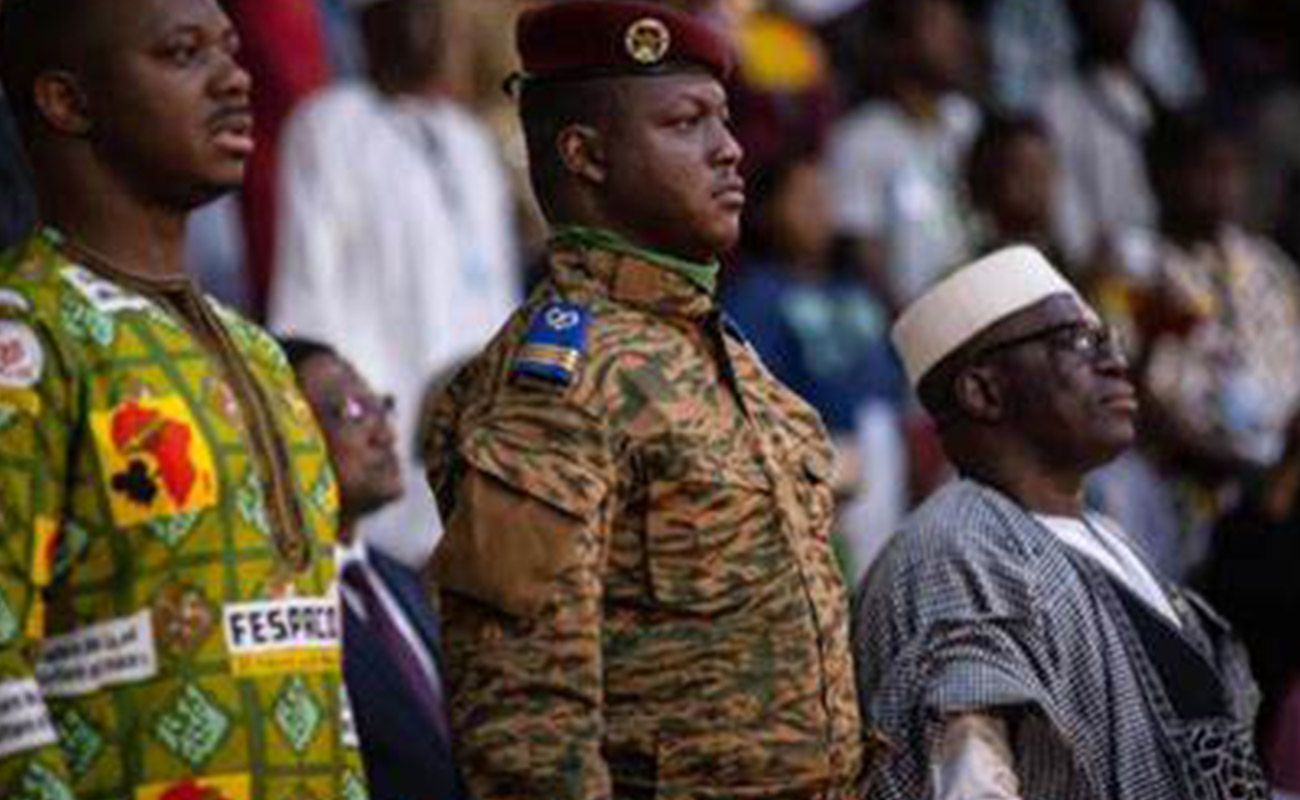
By Adam Abass
This year marks five years since the central Sahel witnessed a significant rise in unconstitutional military takeovers. These coups which rapidly spread across the region, began in 2020 in Mali with the military overthrow of President Ibrahim Keita. A countercoup the following year against the civilian-military-led transitional government further entrenched military rule in the country. The coup wave soon extended to Burkina Faso in 2021, followed by another in Niger in 2023.
Regional bodies such as ECOWAS and the international community have demanded a return to democratic rule, but these efforts have proven largely ineffective. Even the threat of military intervention by ECOWAS to restore civilian governance in Niger failed. Instead, such actions have strengthened ties among the coup-led states and further consolidated their grip on power. For instance, the military governments in the Tri-States of Mali, Niger and Burkina Faso have severed ties with ECOWAS and formed a new alliance—Alliance of the Sahel States (AES).
While the regimes have shown little to no commitment to the transitional process, they continue to extend their rules, making a return to civilian governance a thorny process. As the security situation deteriorates, and geopolitical rivalries intensify, two key questions remain: One, how have these juntas managed to entrench themselves in power? Two, how realistic is a return to democracy in the long run?
The juntas’ have persistently disregarded the timeline set for transitioning back to democracy. ECOWAS has repeatedly spearheaded initiatives for a short-term transition, often within 21 months, in exchange for the lifting of sanctions and re-establishing ties. Initially, the juntas committed to these deadlines but have failed to keep to the transitional timetables. The transition timetable has been extended multiple times in these countries allowing the military rulers to extend their rule and consolidate power.
In Mali, for instance, a decree scheduling election for early 2024 has been indefinitely postponed with no date announced. This follows multiple extensions of the transitional period since the military seized power in 2020. Similarly, in Burkina Faso, following the countercoup led by President Traoré, the junta initially pledged a 21-month transition. However, as the deadline approached, it was extended by another five years, with the government citing insecurity and claiming that elections were not a priority. Likewise, In Niger, the junta has recently adopted a five-year transitional plan, further underscoring the unwillingness of military regimes across the Sahel to relinquish power.
On the other hand, the juntas’ widespread crackdown on media outlets critical of the military is a key strategy deployed to retain power. Military regimes across the three Sahelian countries have indiscriminately arrested, detained, threatened and expelled journalists whose reporting is deemed anti-regime. According to Reporters Without Borders, nearly 120 journalists have been arrested or detained since the coup wave began. Local and international media channels have been suspended, and their coverage of the worsening security situation is frequently labelled as misinformation as they are accused of destabilizing the government. The junta-led military operations against armed groups have resulted in allegations of human rights abuses by state security forces and partners against civilians. Reports on these incidents have led to the forced closure of multiple media outlets as the junta seeks to control information on security matters. As the security crisis deepens, restricting information flow – particularly regarding security issues- helps the junta maintain public support and prevent potential uprisings against its rule.
Lastly, the silencing of opposition and critics has been crucial in limiting resistance against the regime. In Mali, several opposition members have been arrested, charged with conspiracy against the government and imprisoned without trial. In Niger, seven former ministers from the previous civilian leadership who advocated a return to democracy have been arbitrarily arrested, despite court rulings ordering their release. Similarly, in Burkina Faso, critics and opposition figures have either disappeared or been forcibly conscripted into the military. The juntas commonly use these tactics to suppress any form of civil resistance from the opposition members and activists.
In conclusion, as key democratic institutions are weakened, the juntas continue to extend their rule, raising concerns about the prospect of a return to democracy. The extension of the military regimes further entrenches authoritarianism and dims the prospect of a return to democracy. Observers have little confidence in a genuine democratic transition, with the worst-case scenario being that junta leaders could oversee a transition, run elections, and manipulate the process to retain power- effectively prolonging authoritarian rule. This remains a troubling trend for democracy in the Sahel.
